
With his new EP, Hope She Hears This, Tottenham’s breakout R&B talent Nippa offers an unfiltered journey through heartbreak, vulnerability, and self-discovery. This is what it means to share too much, too honestly—and why he’s choosing to do it anyway.
When Nippa talks about releasing music, he doesn’t speak in the usual polished metaphors or branding soundbites. He says it feels like going to the shop naked.
Less as a joke and more like a shrug of resignation: “Everyone can see you,” he explains, “your insecurities, how you’re feeling, what you’re like.”
That kind of openness runs deep in Hope She Hears This, a collection of songs shaped by a recent breakup but filled with questions that go far beyond one relationship. It’s not just a heartbreak EP. It’s a map of unspoken things—things Nippa never said in the moment, but has now committed to melody.
He tells me he didn’t plan to make a record like this. “I just needed to express myself, man,” he says, describing the project as a way to put all the unsaid things somewhere. “All the feelings you couldn’t necessarily put into conversation—I’d rather just put it in the music.”
There’s no grand narrative arc here, no tidy beginning-middle-end. The songs feel lived-in and scattered the way memories often are. But behind them is a shift in intention. This time around, Nippa wasn’t just recording songs. He was trying to understand something about himself.
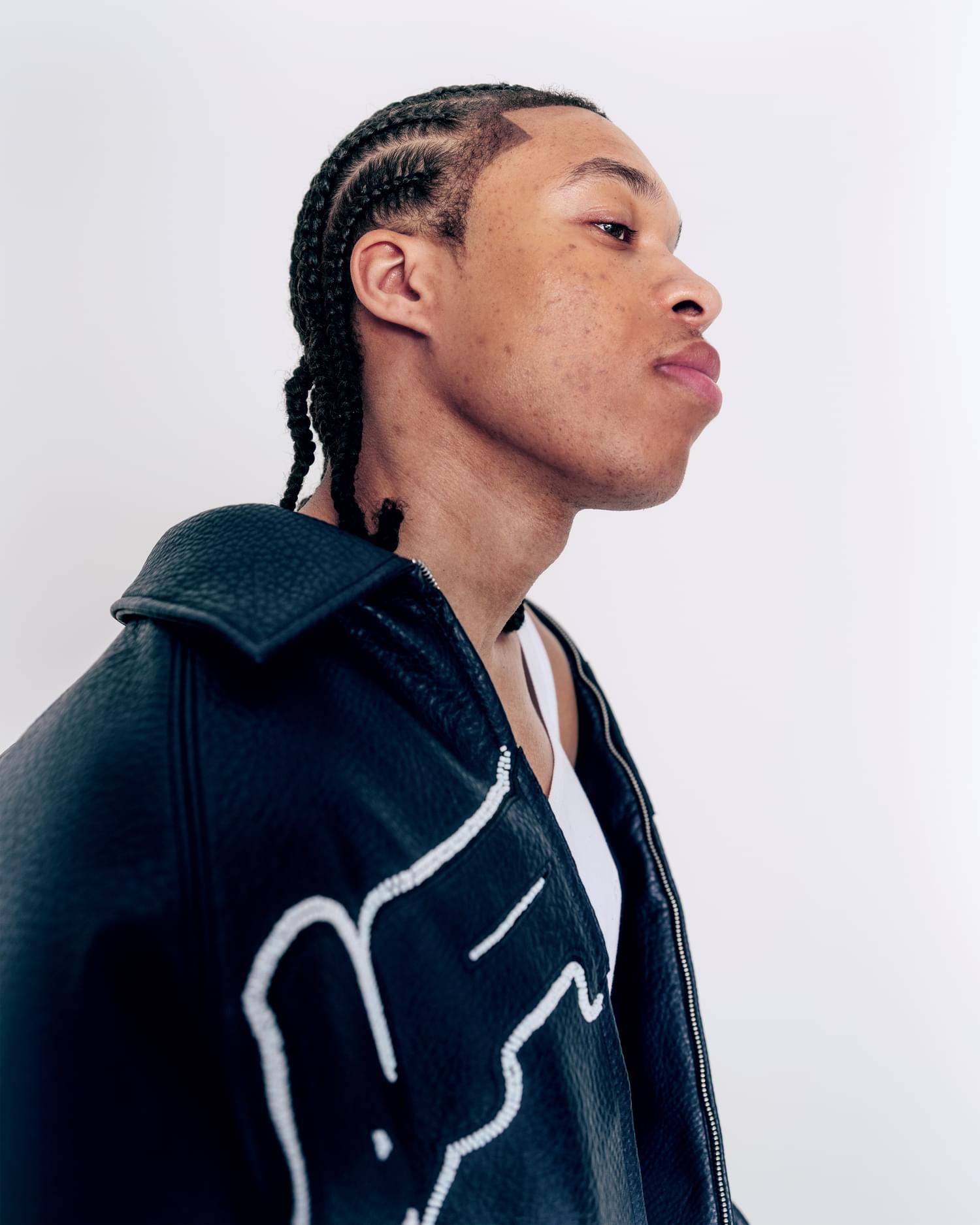
“This EP,” he says, “showed me to start making Jordan music—just doing some Jordan shit.” By that he means he’s stopped treating the music like a product of his artist persona, and started letting more of his real self bleed through. The stuff he usually edits out—the anxiety, the indecision, the not-knowing—now lives in the music. “It can’t always be about getting money and being with the crew and talking to girls, man. Don’t get me wrong, that still happens,” he laughs. “But this is the first time I’ve felt comfortable talking about all this other shit.”
It’s not easy. He admits it’s “nerve-wracking,” that putting these songs out feels like exposure in ways that go beyond social media or streaming stats. But there’s relief in it, too. “When I actually started to put Jordan in the music, I got a lot of things off my chest,” he says. “With this tape, I was able to get over my breakup.”
The honesty in Hope She Hears This isn’t polished for impact. It’s quieter than that. Sometimes hesitant, sometimes too specific, but always real. It’s a version of storytelling that doesn’t try to win an argument—just share what was felt, in the moment it was felt.
There’s a particular kind of pressure that comes from growing up in a place like Tottenham. It’s not just about the music—though that matters too—but about the culture of performance that surrounds you. You’re expected to be composed. Controlled. Unshakable. But Nippa’s music doesn’t play by those rules.
He’s not pretending to have it all figured out. Instead, he says it plainly: “Jordan feels insecure. Jordan gets anxiety. Jordan feels like he’s not enough sometimes.” There’s no buildup to that statement. It just lands—quietly disarming.
In a scene where emotional distance often gets mistaken for strength, this kind of candour feels quietly radical. Nippa doesn’t mask it behind metaphors or wrap it in irony. He just tells you how it is. And the reason is simple: he wants the connection to feel real. “Everyone can see blasé and bravado,” he tells me. “But I want to connect with my people. And to do that, I have to allow myself to be vulnerable.”
He’s not talking about vulnerability as a branding exercise. He’s talking about the kind that makes your hands shake when you press upload. The kind that shows up in conversations after the fact, with people who were never supposed to hear the full truth. “Sometimes they’re like, ‘Damn, you feel this way?’” he says, recalling reactions from people close to him after hearing the songs. “And I have to kind of lie and say, ‘No, it’s just music.’”
But of course, it’s not. The songs are filled with lines that were never said in person. Feelings that were never named out loud. They’re not diary entries, but they’re not fiction either.
That blurred line between art and reality gets complicated, especially when the people involved recognise themselves in the lyrics. One of his exes messaged him after friends kept sending her his tracks, assuming they were about her. “It was a bit stressful for her,” he admits, his tone shifting. “And I really didn’t think about that… that the people who are close to me are seeing everything, too.”
That awareness is still settling in. And yet, he doesn’t seem interested in pulling back. If anything, this project has nudged him toward more honesty, not less. “Can you really go wrong being yourself?” he asks. It’s not rhetorical. It’s a question he’s still working out in real time.
For now, he’s choosing to keep showing up as Jordan—even if that means things get uncomfortable. Even if it means someone might hear something they weren’t meant to.
There’s a moment on the EP—one of those quick flickers that catches the ear and stays with you—where Nippa sings about his ex in a way that would sound directed right at her but also protect her identity. It’s not just a romantic image or a convenient lyric. It’s a direct reference to a real person, someone Nippa knows will hear it. And that, he admits, is where things get tricky.
The song in question, ‘Kiki’s Brown Eyes’, almost didn’t make the cut. “It’s so specific,” he says. “I was even thinking maybe we shouldn’t release it.”
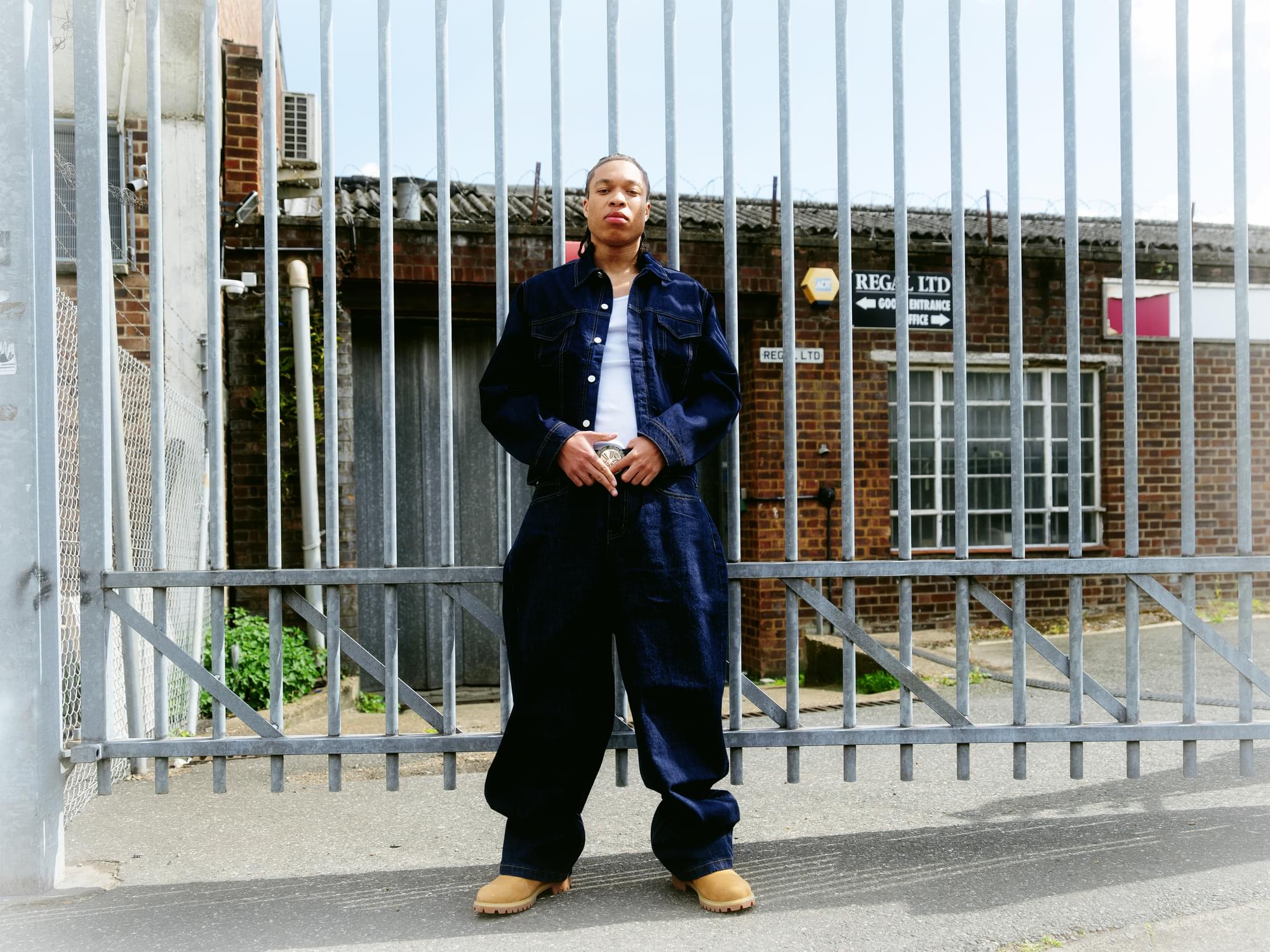
He’s not exaggerating. Every detail in that track points back to someone in his life. Someone with a real name, a real relationship to him, and a history that’s been compressed into three minutes of melody and vulnerability. “I had to access the raw feelings I had for that person,” he explains. “And as men, sometimes you don’t want to do that, because it feels a bit soft, innit?”
That hesitation is telling. There’s an honesty to Nippa’s writing that doesn’t feel engineered—it feels like he’s still negotiating with himself about what deserves to be shared, and what should stay private.
What makes Hope She Hears This compelling isn’t that it’s dramatic—it’s that it’s full of these small, recognisable emotional messes. He’s not writing anthems to closure. He’s writing about things like sweaty palms, awkward run-ins, and the uncertain choreography of seeing someone again after it all falls apart. There’s a whole track—’WYD Here?’—about that specific encounter. The kind where you don’t know whether to handshake, side hug, or just disappear.
“Your palms are getting sweaty,” he says. “You gotta side hug the girl. You know what I mean?” He bursts out laughing reminiscing about these moments, grinning ear to ear in a soft embarrassment while nursing his nephew who he’s been holding throughout our entire conversation.
The precision matters. Not because it names names, but because it captures the stuff people usually skip over in songwriting—the nervous energy, the self-doubt, the way your mind races five seconds ahead of your body. And this is where Nippa’s work quietly distances itself from the rest of the field. These aren’t breakup songs. They’re observational sketches. Emotional case studies. Tiny, high-stakes moments blown up and set to rhythm.
If Hope She Hears This was a purge of everything left unsaid, the question now is what follows. When you’ve written the most personal thing of your career, where do you go next?
Nippa isn’t in a rush to come up with a grand concept. But he has momentum, and he’s already recording again. “I started working on my next tape the day after my show,” he says, referring to his debut headline at a sold out OMEARA in London earlier this year. Not because someone told him to. Because he couldn’t sit still. Because as soon as the last thing was out, he started asking himself what else was left to say.
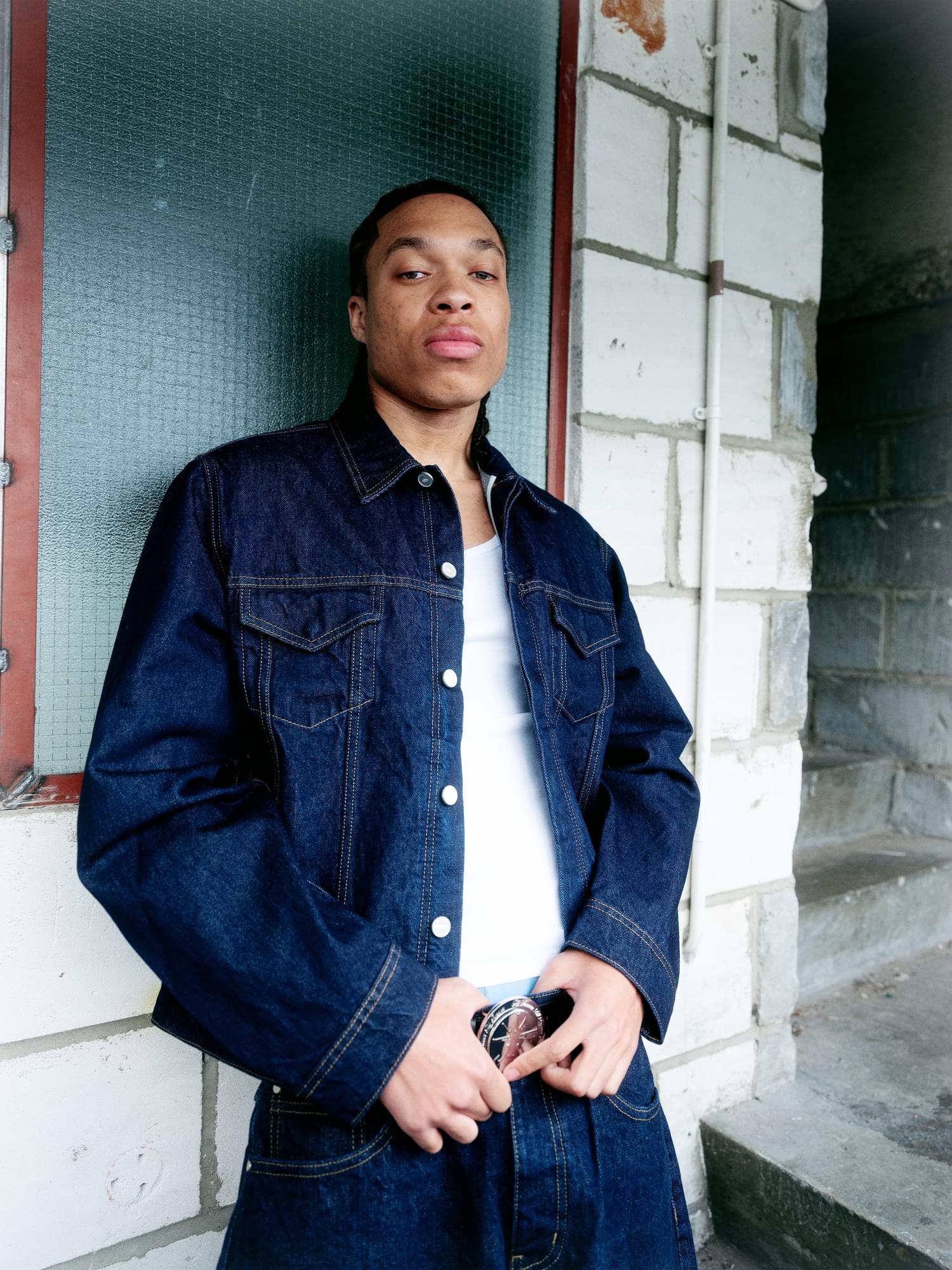
That headline show—his first—was a turning point. It was the first time people came just to see him. “I’ve never done a show where people came solely for me,” he says, still sounding a bit surprised. It’s not that he hasn’t had big stages—he’s opened for Jack Harlow, Bryson Tiller, even Craig David—but those were supporting slots. Training ground. This was different.
Before the show, he told himself that if he could sell out a few thousand, he’d be happy. That would be enough. But then the lights hit, and the crowd sang back his lyrics, and that feeling didn’t last.
“As soon as I did it, I said, nah—I need to do an arena.”
There’s a hunger underneath everything Nippa says. But it’s not ego-driven. It’s purpose-driven. He knows what he wants his shows to sound like, and more importantly, feel like. No karaoke sets. No dead energy. He’s building toward something bigger—live bands, production transitions, and tour stops not just in the UK, but in L.A., New York, and Toronto.
He’s aware of the cost. “Touring costs a bitch,” he says, with the sigh of someone who’s already looked at the spreadsheets. But the energy is there. And maybe more importantly, the clarity.
Because at 24, Nippa has already figured something out that takes most artists a decade: that being yourself doesn’t always feel good, but it’s always where the best music starts.
He’s still chasing that feeling—the one he got on stage, the one he’s trying to translate in the studio now. But this time, he’s doing it with less armour. Fewer filters. And more Jordan.

 1 month ago
20
1 month ago
20

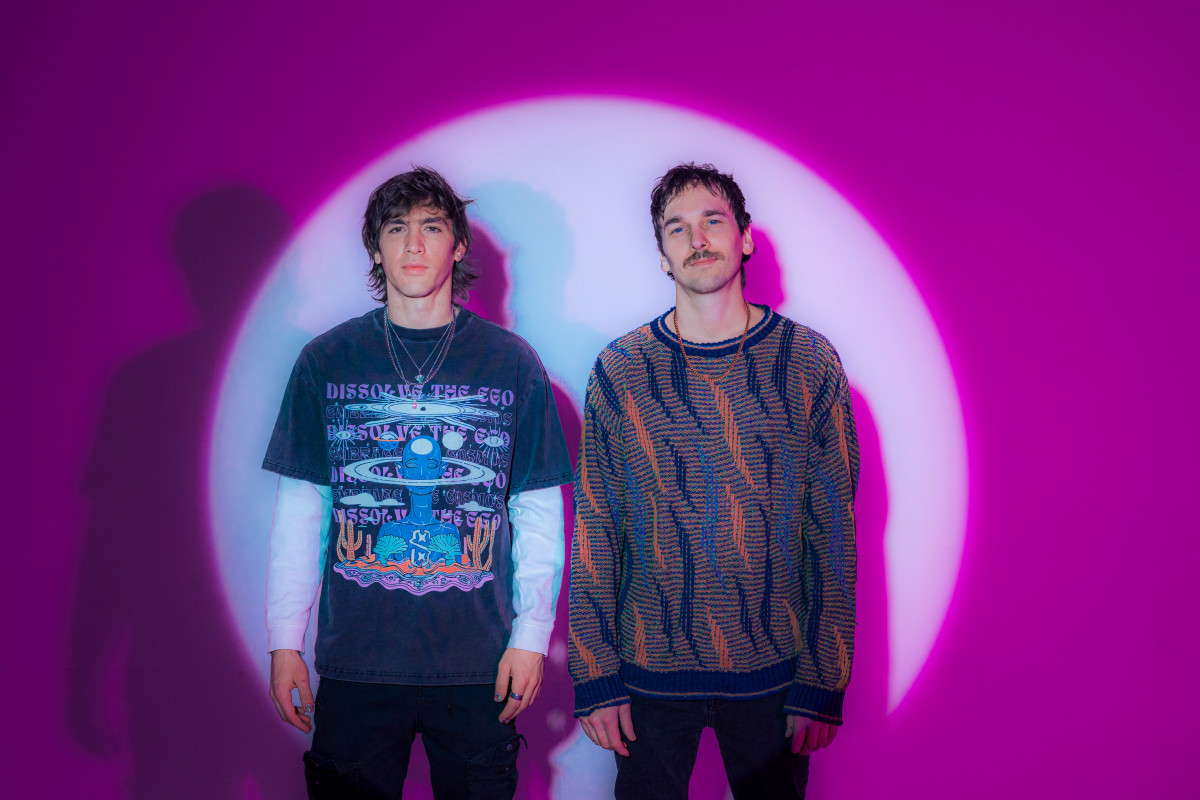

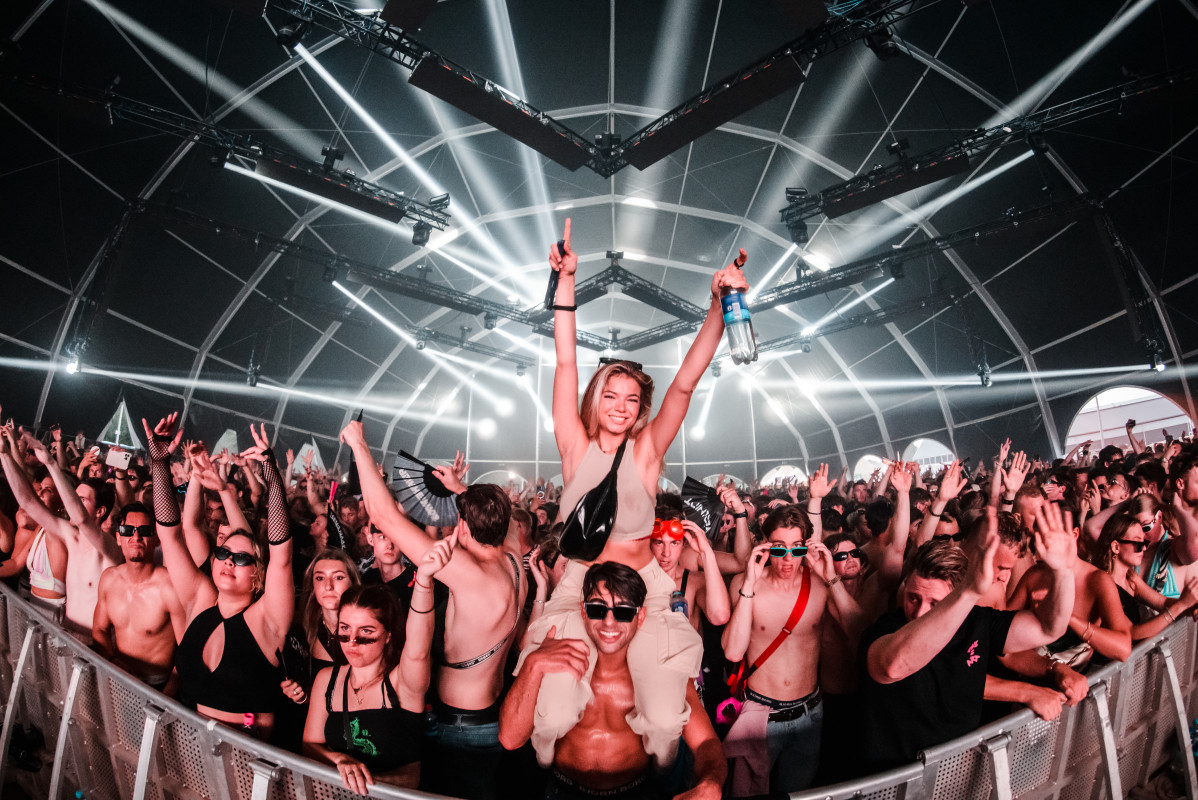






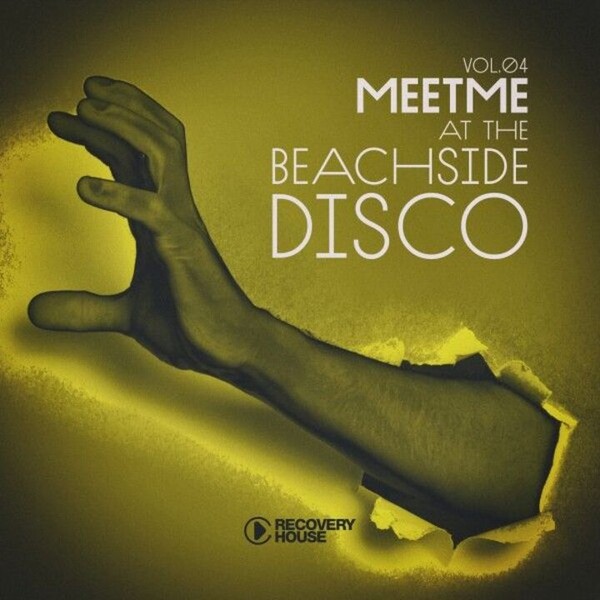







 English (US) ·
English (US) ·